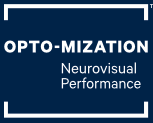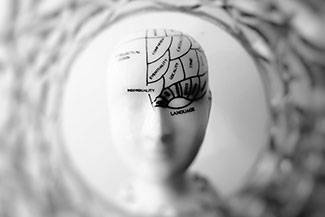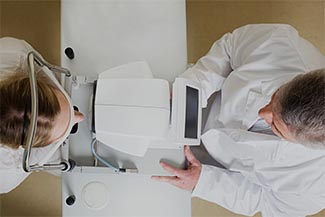
Car Accidents, Concussions and Your Vision
Car accidents can be jarring, emotionally and physically. Even a relatively small bump or blow to the head can result in a concussion and a number of challenging symptoms, including those that can severely affect your vision.
General Concussion Symptoms
People who have sustained a concussion often experience some or all of these symptoms:
- Headaches
- Slow response time when asked simple questions
- Loss of consciousness (even for a very short time)
- Mood swings or a change in personality
- Clumsy movements
- Feeling dazed or confused
- Nausea or vomiting
Visual Concussion Symptoms
An estimated 90% of people who sustain a brain injury will also experience issues with their vision. These symptoms may not always be noticeable immediately after the concussion, but if they remain untreated can still affect your daily activities and negatively impact your quality of life.
Symptoms are brought on by a concussion-induced disruption in communication between the brain and the eyes. This disruption can cause conditions such as convergence insufficiency, problems with visual accommodation and loss of gaze fixation and/or eye teaming ability.
These issues can lead to visual symptoms including:
- Light sensitivity
- Blurred near vision
- Poor depth perception
- Difficulties efficiently shifting gaze from one point to another
- Double vision
- Inability to track words across a page, or items as they move across the field of vision
How Neuro-Optometric Rehabilitation Can Help
While some concussion symptoms may improve on their own, symptoms affecting the visual system can linger for months or even years, causing long-term problems that require the intervention of a neuro-optometrist.
Neuro-optometric rehabilitation is a personalized, science-based regimen of eye exercises and activities based on your brain’s ability to adapt and change — called neuroplasticity. It works by rewiring and improving the connection between your eyes and brain.
Depending on your specific symptoms and needs, our neuro-optometrist will develop a customized neuro-optometric program of at-home and in-office exercises that will help alleviate your concussion-related visual symptoms.
Our practice serves patients from Victoria, Nanaimo, Duncan, and Vancouver Island, British Columbia and surrounding communities.









